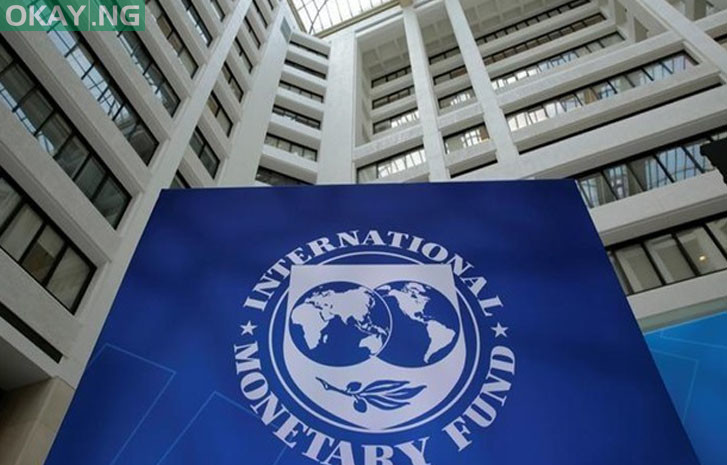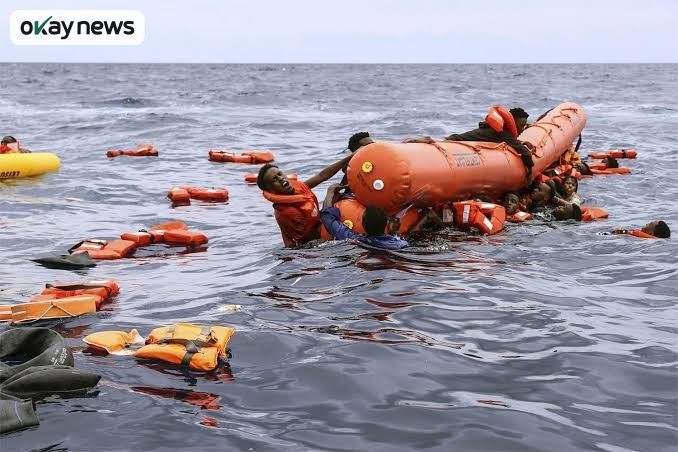The International Monetary Fund (IMF) has issued a stark warning: African nations are poised to significantly increase their funding requests as the ripple effects of escalating US tariffs create economic instability across the continent. This prediction highlights the precarious position many African economies find themselves in, caught in the crossfire of global trade tensions.
“We are seeing a growing vulnerability among several African nations,” stated a senior IMF official, speaking on background. “The current trade climate, particularly the imposition of tariffs by the United States, is creating significant headwinds.”
The core issue stems from the disruption of global supply chains and the subsequent decline in demand for African exports. Nations heavily reliant on exporting raw materials and manufactured goods to the US market face potential revenue shortfalls. This, in turn, can lead to increased budget deficits, currency depreciation, and heightened debt burdens.
For many African countries, the IMF represents a vital lifeline during times of economic distress. Funding from the IMF often comes with stringent conditions aimed at promoting fiscal discipline and structural reforms. However, the sheer volume of anticipated requests could strain the IMF’s resources and test its capacity to respond effectively.
read Also: Nigeria Faces Foreign Investment Drought Amidst Negative Real Interest Rates
“The challenge is not just the immediate financial need, but also the long-term sustainability of these economies,” one economic analyst explained. “We must consider how to build resilience and diversify economies to mitigate future shocks.”
The impact is not just theoretical; it’s being felt on the ground. For instance, nations that rely heavily on exporting agricultural products are seeing their profit margins squeezed, leading to job losses and potential food security issues. I’ve witnessed firsthand the anxiety among small business owners who fear their export markets will shrink.
The IMF’s forecast underscores the interconnectedness of the global economy and the vulnerability of developing nations to external shocks. As the situation unfolds, the question remains: how will African nations navigate these turbulent times, and what role will the international community play in supporting their efforts?
It’s clear that the need for strategic economic planning and international cooperation is more critical than ever. The coming months will be crucial in determining the long-term economic trajectory of the African continent.







